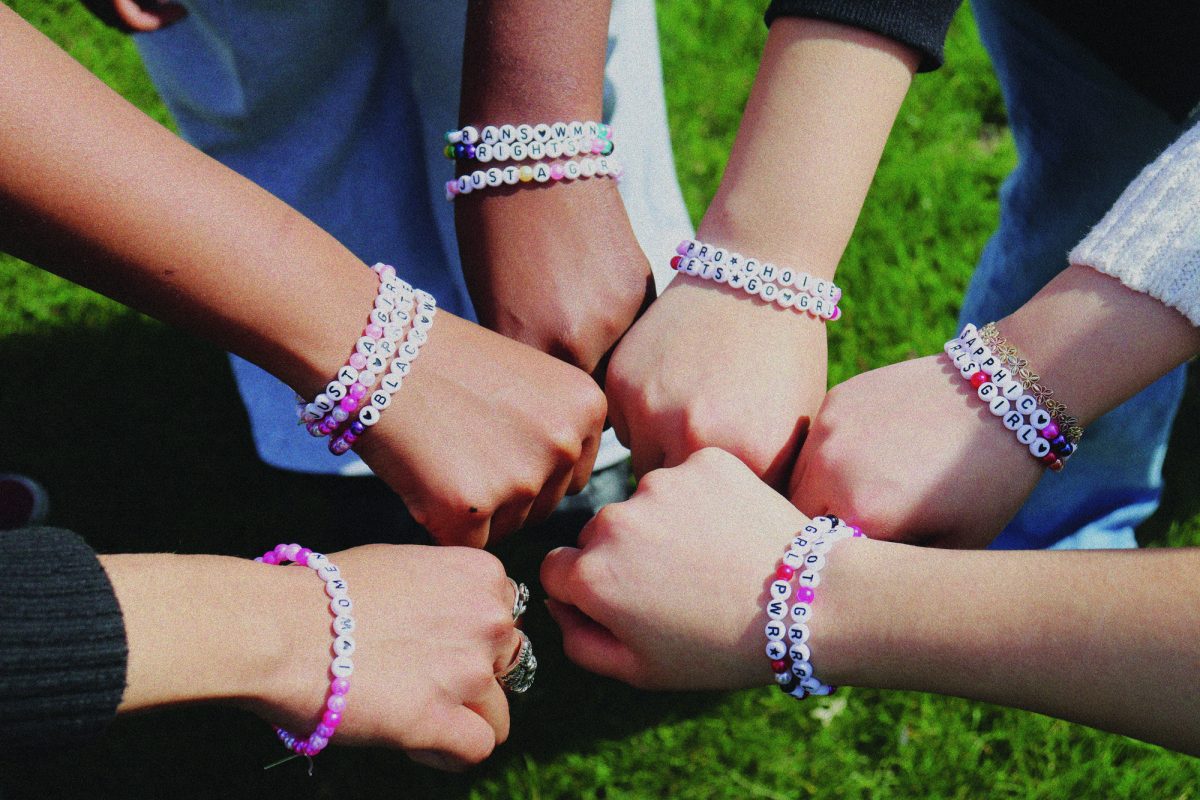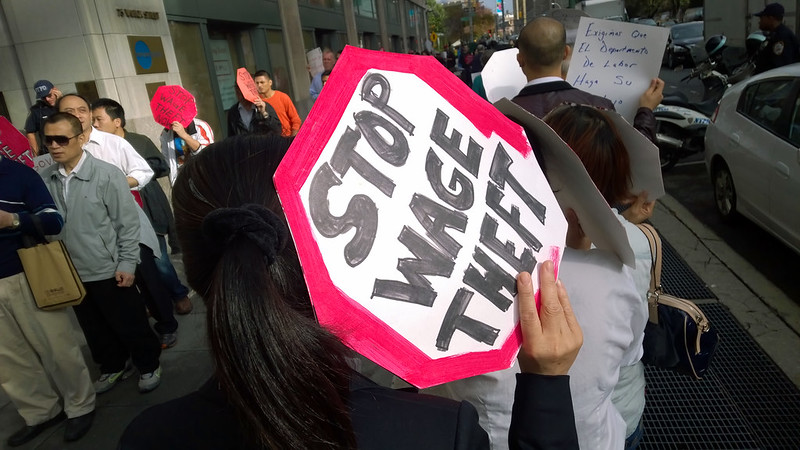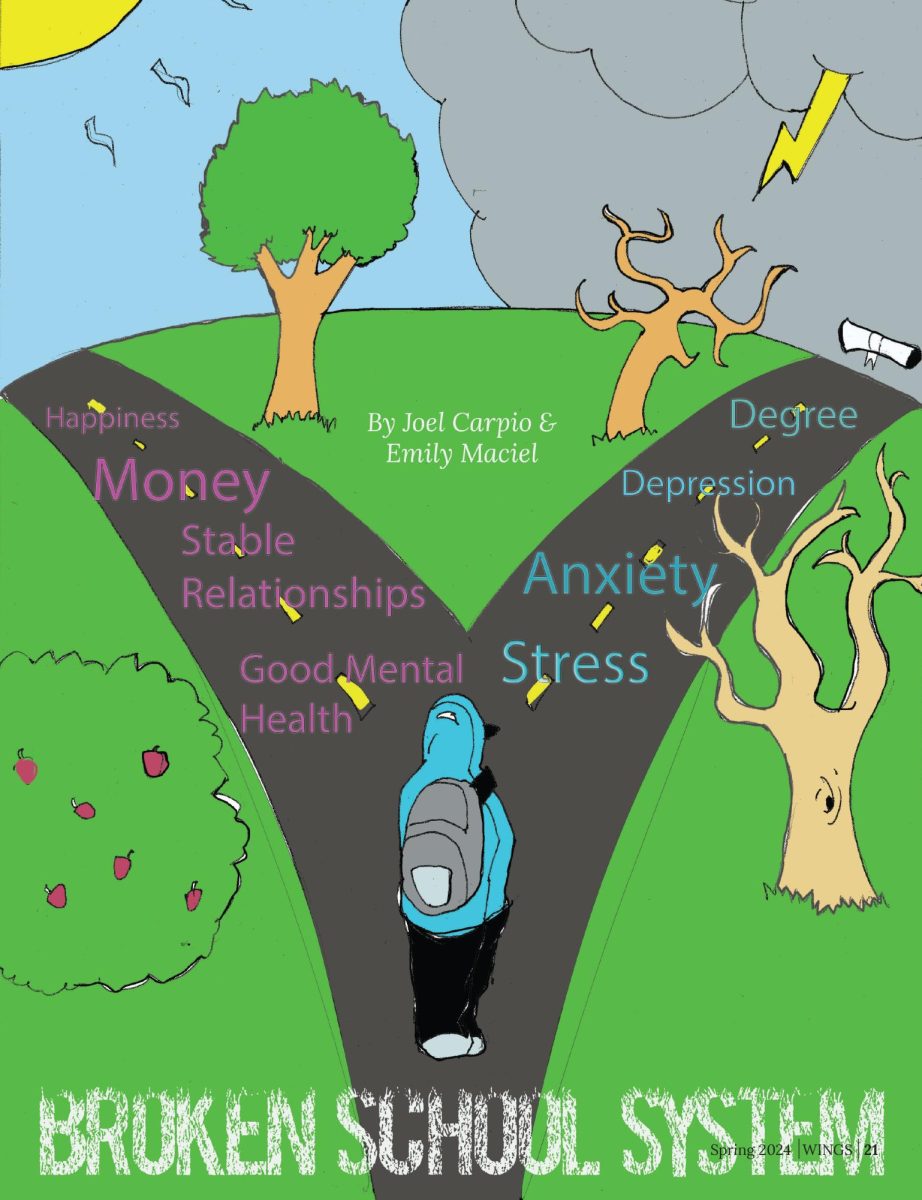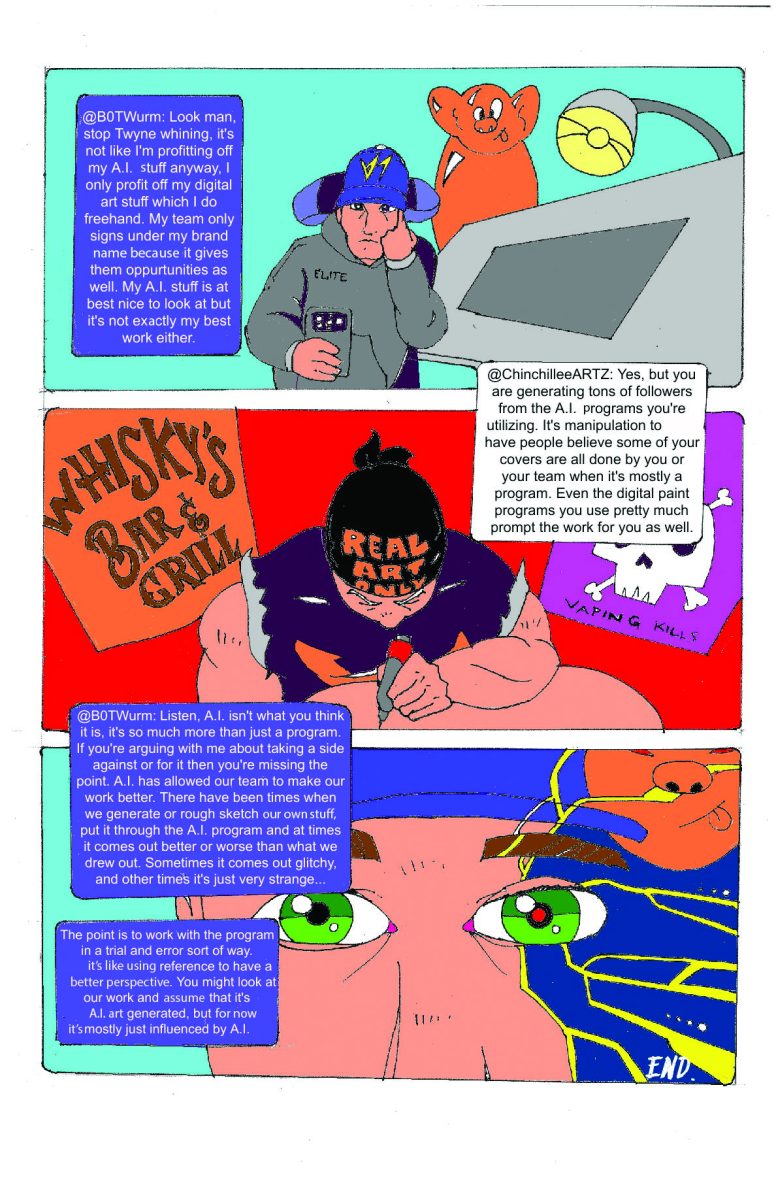A flash of pink and the glare from the glitter of her homemade dress, as she runs to catch up with her friends, in matching magenta outfits.
They stand in line for popcorn, giggling and taking group photos. When the movie ends, the women walk out holding onto each other’s arms, the ghost of tears scarring their cheeks.
The release of the Barbie movie reignited a conversation about feminism and the female experience in America that brought a sense of unity between women. In the time of Barbie, Taylor Swift, Beyoncé, friendship bracelets, the coquette trend, and everything girly, it would seem like America had experienced a pink revolution.
While women have felt a growing sense of community, there is still a large divide in political beliefs and values, revolving around women’s rights, radical feminist ideologies and conservative gender norms.
The online community has sparked an argument about what it means to be “a girl’s girl” including the epidemic of pick-me’s. The conversation criticizes women who put men at the forefront of their decisions.
While this conversation is relevant, it is just the surface level of the issue. Centering men in the conversation about feminism has tainted the representation of what feminism is about, which is gender equality and inclusivity. It has created an idea that rather than be equal to men, feminists want to overpower men.
Autumn Rose, a 20-year-old American Sign Language major at Cerritos College, explained that she did not believe that there is still a need for feminism. She said, “In feminism, it’s the equal rights to men, right? Under the law, technically speaking, we have equal rights to do everything that a man can do. We have those rights.”
Autumn is currently Vice President of Cerritos College’s Students for Life club. The Students for Life club is a group that believes abortion is murder and advocates to abolish abortion.
“I feel that in the media and from what I’ve witnessed that the feminist movement has gotten to a point where they are no longer asking for equal rights to men but they’re also putting men down in a sense” Rose says.
Feminist movements began as early as 1848 when women were not only fighting for their right to vote but their right to an identity outside of their domesticity.
Women have since continued to fight to be included in spaces that have been dominated by men from the average workforce to political positions. Women rights activists continue to fight tirelessly to close the wage gap, and eliminate gender biases, and oppression.

The feminist movement not only fights for laws to protect women such as abortion rights and more pressing laws about sexual assault, they also fight to counter and end a culture within america that hates women. This culture consistently exposes itself through the violence incited by it. From its lack of protection against domestic violence victims, a 1% conviction rate against rapists, lack of access to women’s health care , and the growing dehumanization and oversexualization of women, the United States has a long way to go concerning the treatment of women.
There has grown a significant community of women who sit outside of the feminist movement who do not believe in the harm of patriarchy, have a preimposed opinion towards other women and actively fight against the progression of women’s rights such as abortion laws.
Many would argue that these women are anti-women.
Rose disagrees.
“I don’t agree that I’m anti-women. I am anti-killing another human.”
Despite this, spewing comments such as “The majority of women who have abortions, the reasons that are listed for why women have abortions is due to they didn’t want to have stretch marks. I’m not saying that’s all the situations but the reasons that were given for them were not real reasons” is a dangerous precedent to spread.
In a study done by BMC Women’s Health in 2013, the top three reasons women had an abortion was that they could not afford it financially (40%), it was not the right time (36%), and partner related issues (31%).
Fourteen states have fully banned abortion, making it illegal at any stage of pregnancy, while other states such as Georgia and South Carolina have a ban as early as six weeks before many women know that they’re pregnant.
Women’s rights are marginalized in states where they are underrepresented. Currently only 12 out of 50 state governors are women.
Without women in power the rights and decisions on women’s bodies are at risk and unconsidered.
“ I would go as far to say that being pro-life is being anti-women because ultimately, what the legislation has demonstrated is that it’s not about being pro-life it’s about control,” said Valeryee Jimenez, a 25-year-old artist who minored in feminist studies at UC Santa Barbara.
“We’re working in structures of power and gender is wielded as a weapon and it’s about control. So if we were really pro-life there would be better social welfare in this country for children. There would be more access and social welfare for women and families to be able to then take care of their children. If we were really pro-life we would be pro bettering the lives of Americans. So much of it is rooted in patriotism. So if we’re really gonna lean into that, what kind of country abandons their needy and reprimands and punishes women who don’t want to birth a child into that type of society”
This brings up the topic on whether all women should join the feminist movement to ensure the rights to bodily autonomy and more.
“Should all women be feminists? At the end of the day it doesn’t really matter if all women are feminists because I think all feminists should fight for all women.” says Jimenez.
“I think you should fight for all women and all gender-oppressed people regardless of whether they would agree with you or call themselves a feminist or even align with you. Those people still deserve their rights, freedom and autonomy even if they are different from you” said Jimenez













